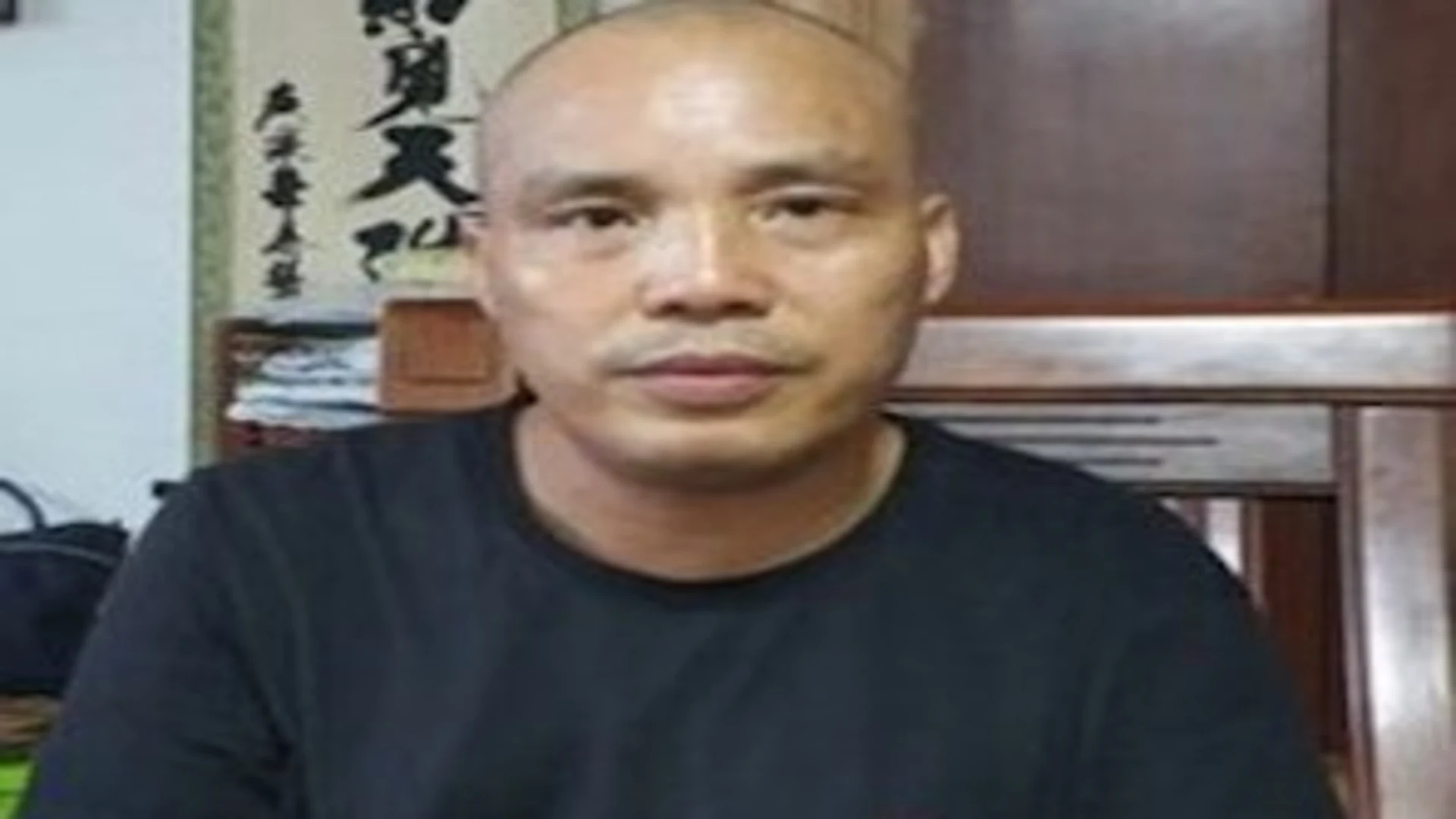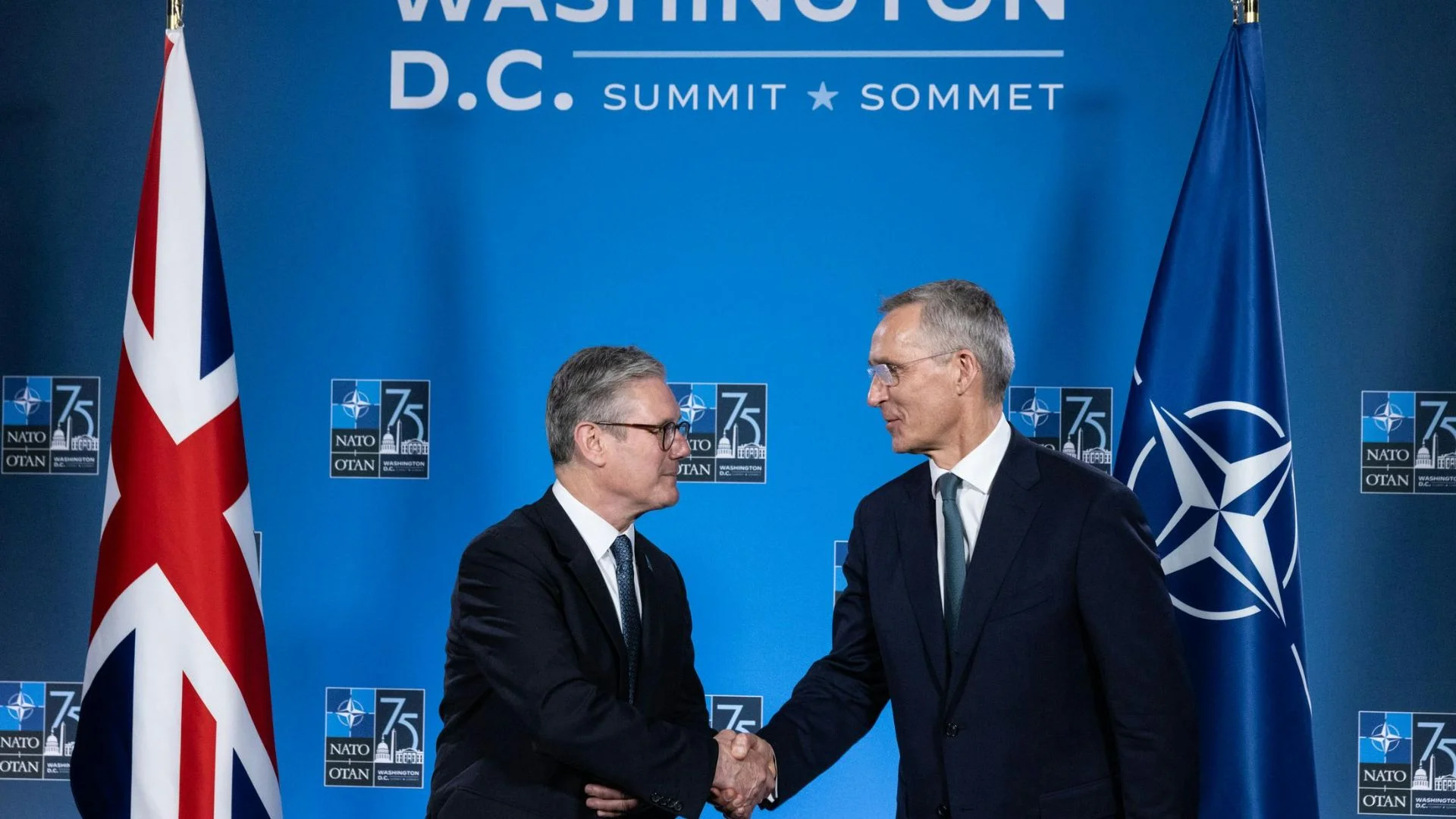
Human rights lawyer Qin Yongpei has been released after serving a five-year sentence and has returned home to Nanning in Guangxi Province, an autonomous region of China. His release on October 31 marked the end of a conviction that human rights advocates view as a targeted response to his legal advocacy in defence of human rights in China.
In a post on X, the advocacy group Front Line Defenders stated, “On 31 October, human rights lawyer Qin Yongpei completed a five-year sentence, was released from prison, and returned to his home in Nanning, Guangxi Province. Qin Yongpei is a renowned human rights lawyer and we believe his imprisonment was a retaliation against his peaceful and legitimate human rights work.”
The case underscores the dangers faced by human rights defenders in China, where freedom of speech and political expression remain heavily restricted. Qin Yongpei’s legal troubles began in 2019 when he was arrested on charges of “inciting subversion of state power” for his outspoken criticism of the Chinese government. His case, initially handled by the Nanning Municipal Public Security Bureau, was transferred to the Nanning Municipal People’s Procuratorate in 2020 for further review and then moved to the Nanning Intermediate People’s Court. His lawyer, Li Guisheng, was reportedly barred from meeting with him during this time due to COVID-19 restrictions.
On March 31, 2023, the Nanning Intermediate Court officially charged Qin with “inciting subversion of State power” and sentenced him to five years in prison. Although his legal team appealed to the Higher People’s Court of Guangxi province, the Intermediate Court’s conviction was upheld.
Front Line Defenders expressed relief at Qin’s release but emphasised the broader concerns facing activists in China, noting, “While we are glad to hear of his release, human rights defenders in China must be free to carry out their crucial work without fear of reprisals.” His case has become emblematic of the risks encountered by those who challenge state authority and advocate for human rights in China.
Qin’s release closes a chapter in a case that has drawn international attention to the state of civil liberties in China and the ongoing challenges facing its human rights advocates.
Qin Yongpei’s imprisonment was part of a broader crackdown on human rights lawyers and activists in China. In 2015, the Chinese government initiated the “709 Crackdown,” detaining over 300 lawyers and activists. Qin’s arrest in 2019 was seen as a continuation of this suppression. During his incarceration, international human rights organizations, including Amnesty International and Human Rights Watch, called for his release, highlighting concerns over the treatment of human rights defenders in China. His case was also raised in the United Nations Human Rights Council, where member states urged China to uphold its international human rights obligations.
Upon his release, Qin expressed gratitude for the support he received from the international community and reaffirmed his commitment to advocating for human rights and the rule of law in China. He acknowledged the challenges ahead but remained resolute in his mission to promote justice and protect the rights of the marginalized.
Also read: India is pushing for $1 trillion climate finance deal at COP29
The international community continues to monitor the situation of human rights defenders in China, advocating for their protection and the promotion of fundamental freedoms. Qin’s release is seen as a positive step, but concerns remain about the broader environment for human rights advocacy in the country.















